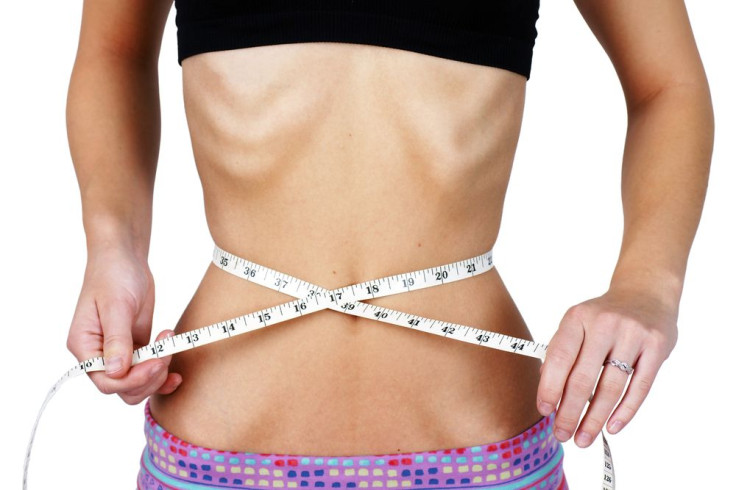Facebook Leads To Poorer Body Image In Women, Risk Of Eating Disorders As Many Compare Themselves To Glamorized Photos

Between believing that all of our Facebook friends live better lives than us — their pictures don’t really capture everything — and getting cheated on through Facebook, it’s no surprise that more and more younger people are ditching it for other social media sites like Twitter and Instagram. Further proving Facebook’s negative effects on the population, a new study — though not the first of its kind — finds that women are becoming less happy with their bodies as they spend more time on the site.
The study looked at the inherent notion that a person, when looking at photos of someone else, will compare that person’s body to their own. A total of 881 college-going women were questioned on their Facebook use over the course of one month, while also being asked how much attention they pay to other people’s photos, specifically with regards to how that person dresses and what their body looks like. They were also asked about their eating habits, how they felt about their own bodies, and where they wanted their weight to be when compared to how much they weighed at the time, HealthDay reported.
The researchers found that most women wanted to lose about 20 lbs. Whereas the women weighed, on average, about 149 lbs., they wanted to go down to about 130 lbs. Their inclinations to lose weight were linked to not only more time spent on Facebook, but also time spent looking at news feeds and photos, feeling bad about their own bodies, and comparing themselves to others. The researchers said that seeing these photos and feeling inferior to the people in them was a step toward developing eating disorders.
“Women tend to present their ideal self on Facebook, not necessarily their actual, true self,” said study author Petya Eckler, a lecturer in journalism at the University of Strathclyde in Scotland, according to HealthDay. “Feeling negatively about yourself and increased body comparison is sort of the first step toward disordered eating. Not in everyone, but that’s definitely one of the phases women go through.”
While it was unclear whether or not these women realize Facebook photos tend to be glamorized, the influence of someone’s photos on Facebook may be so effective on a person’s psyche because “participants in social media are people we know,” Eckler said in a press release. Therefore, the comparisons “hit closer to home,” regardless of how unrealistic or edited they may be.
The study didn’t prove a cause-and-effect relationship, and although the women didn’t show symptoms of eating disorders, their eating patterns were affected by the photos they saw. According to the National Association of Anorexia and Associated Disorders (ANAD), more than half of teenage girls and almost a third of boys manage their weight in ways that are more harmful than anything. These included skipping meal, fasting, smoking cigarettes, vomiting, and taking laxatives. Among 185 college girls surveyed 58 percent said that they felt pressured to be a certain weight.
Considering that eating disorders have the highest mortality rate of any mental illness, according to ANAD, it would benefit parents and loved ones to notice signs of an eating disorder — though it’s not always easy. These include a preoccupation with food, an “unrelenting” fear of gaining weight, excessively thin facial or body hair, abnormal weight loss, sensitivity to cold, quickly consuming a lot of food, refusal to eat, lack of menstruation, and a self-esteem that’s easily influenced when someone mentions their body image.
Eckler’s findings were presented this week at the annual conference of the International Communication Association in Seattle.



























